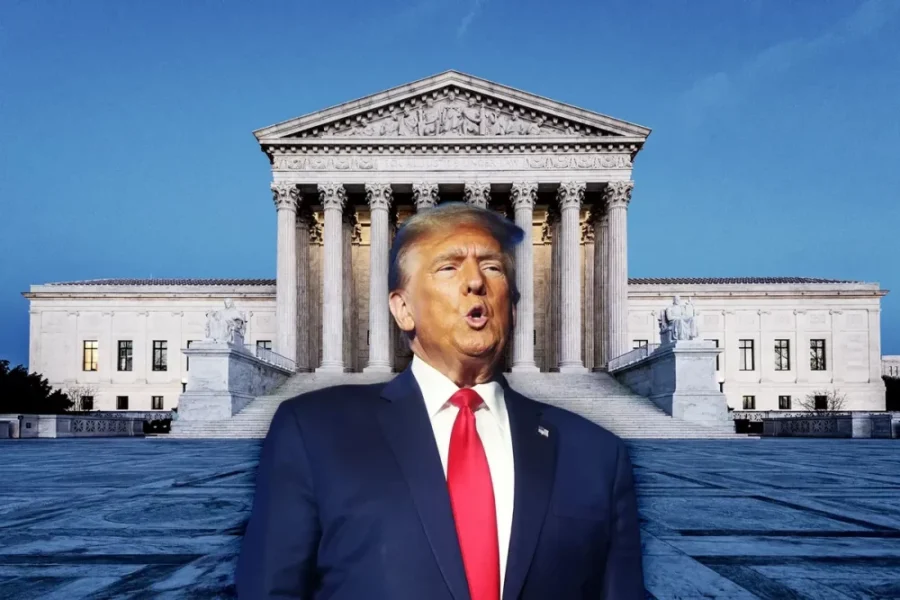Politics
BREAKING: SCOTUS Reins In Rogue Judges In Massive Win For Trump

President Donald Trump and his administration are rejoicing on Friday after the Supreme Court issued a 6-3 ruling limiting the authority of judges to issue nationwide injunctions.
Nationwide injunctions are sweeping orders issued by district courts to block executive actions across the country. The Supreme Court found in its decision Friday that these orders exceed the equitable authority Congress has granted to federal courts.
Justice Amy Coney Barrett wrote the majority opinion, while liberal Justices Sonia Sotomayor, Elena Kagan, and Ketanji Brown Jackson dissented.
The case stems from an emergency appeal by the current administration, which sought to narrow orders that have blocked President Trump’s executive orders preventing birthright citizenship from taking effect nationwide. Liberal news outlets claim the nationwide court orders are an important check on Trump and his efforts to enforce immigration law.
Last month, during oral arguments for the case, SCOTUS appeared to be leaning toward allowing a block on citizenship restrictions to remain, while also attempting to devise a solution to scale back nationwide court orders. A majority of justices were worried about the consequences if the administration were given permission, even on a temporary basis, to deny citizenship to babies born to parents in the U.S. illegally.
“Democratic-led states, immigrants and rights groups who sued over Trump’s executive order argued that it would upset the settled understanding of birthright citizenship that has existed for more than 125 years,” NBC Washington reported.
In the first six months of Trump’s second term, 25 nationwide injunctions have been ordered. His first term had more than that. Proponents of the injunctions continue to argue that these are tools to help protect rights in all districts, while critics say they represent judicial overreach and cause policy disruptions.
Recently, the House passed a bill that would curtail nationwide injunctions, limiting them to only the parties directly involved. However, the Senate is not likely to approve the legislation. Senators Chuck Grassley and Tom Cotton have proposed measures aimed at restoring the separation of powers by maintaining unequal judicial remedies.
This decision by the Supreme Court, according to legal experts, marks a significant redefinition of the federal judiciary’s reach. By curtailing nationwide injunctions, both executive and legislative power are strengthened. The ruling will ultimately reshape the legal landscape for future challenges to federal policy.

